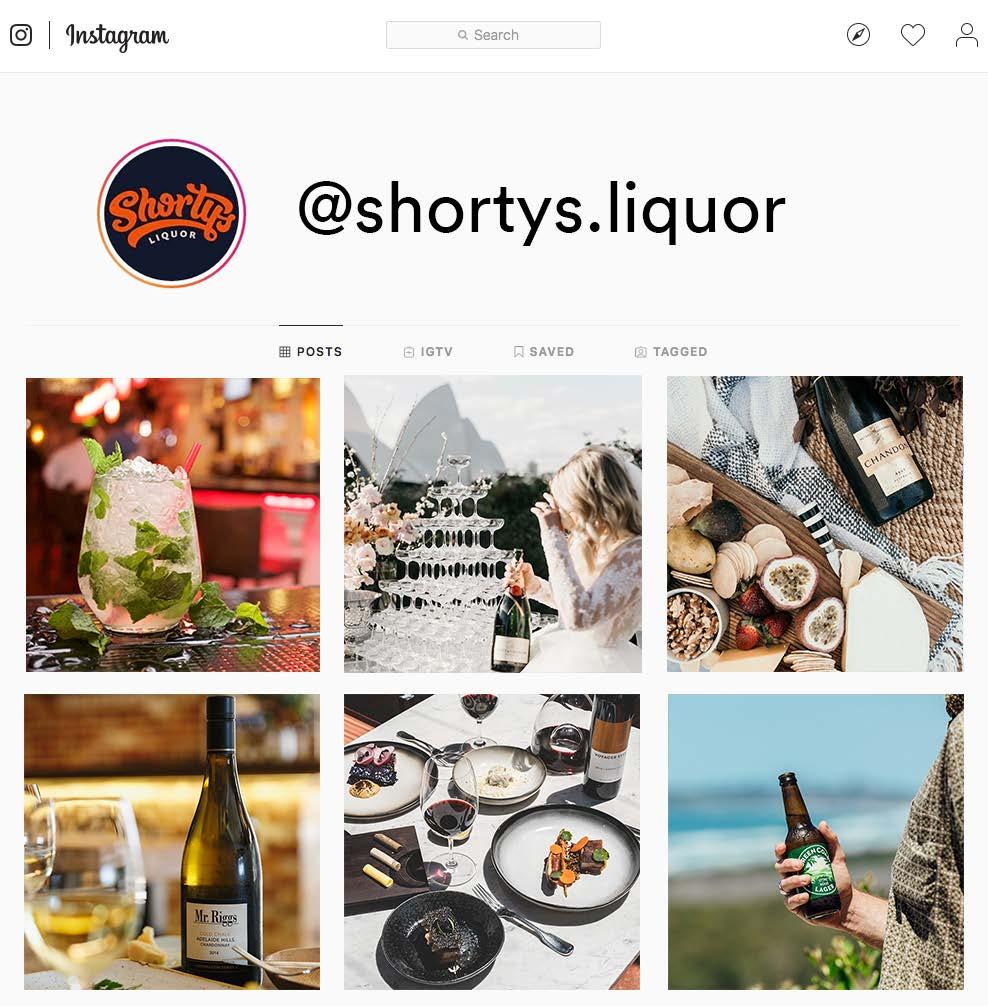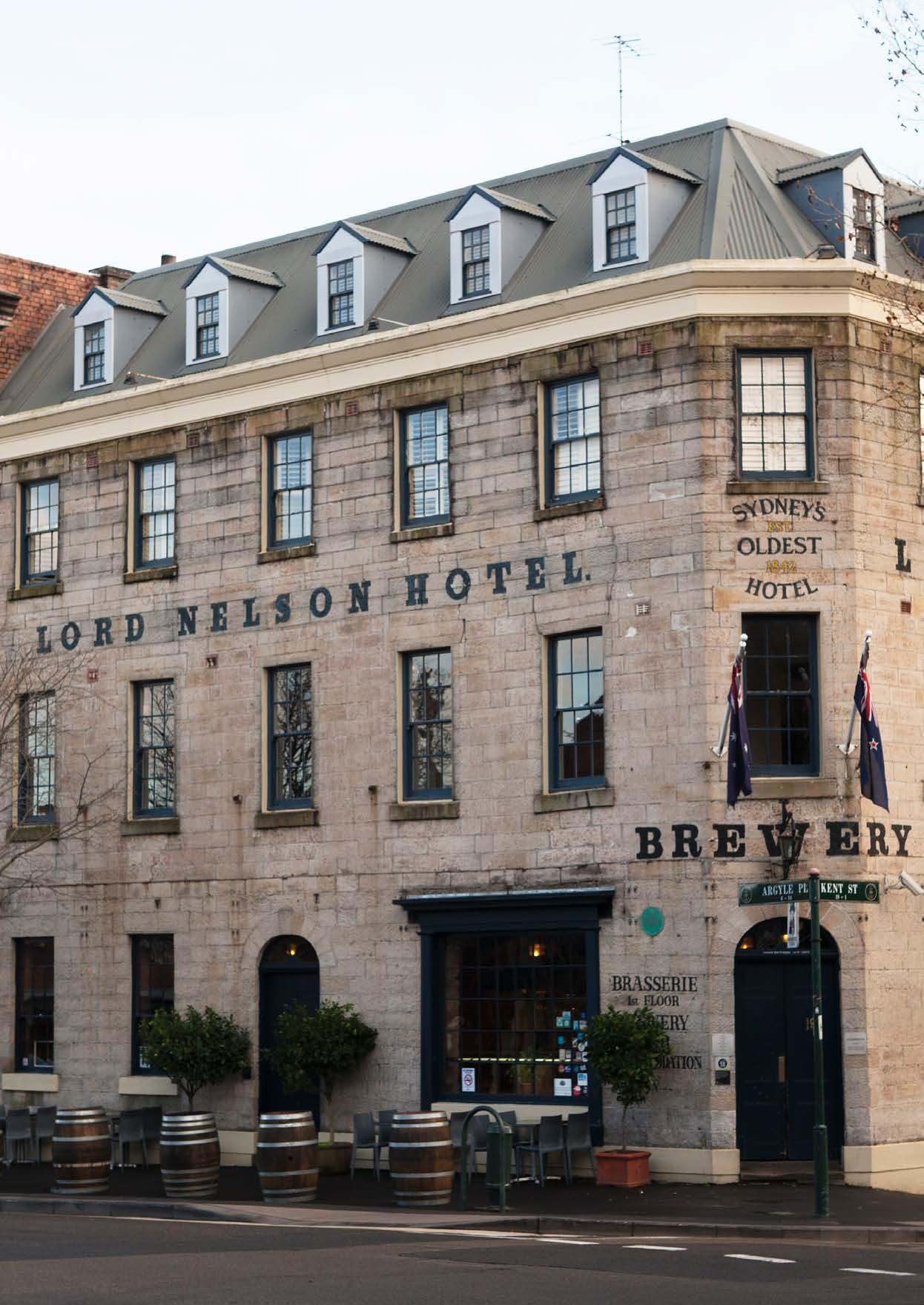
8 minute read
DELOITTE THE FUTURE OF WORK
from THE DROP ISSUE 03
The Future of Work
Dave Short caught up with Robbie Robertson, Managing Partner of the Virtual Ofce at Deloitte, about how the pandemic has accelerated the ways companies will transform how they work in the years to come.
Advertisement
Tell us about your role.
Robbie Robertson: I'm a partner in our digital practice within consulting. I specialise in employee and customer experience and around the idea of - how do you bring the digital and physical worlds together? I'm a designer by background and I've spent the last 25 years helping organisations design innovation centers, workplaces of the future, retail stores, training centers, and more. So, think about the Millennium Dome in London - that was one of the frst projects I worked on back in the '90s. And also the Guinness Storehouse in Dublin, which is an incredible kind of fusion of corporate training center, headquarter building for Guinness and a multi-sensory tourist attraction.
In my virtual ofce Managing Partner role, I help to really understand - what is the next step in the journey of creating the right experience for all Deloitte staf as we start to embrace fexible ways of working. We had a program that our people team developed 18 months ago called Deloitte Flex, and it was really on the back of a few key things. First, talent attraction. We recognised a lot of our subject matter experts were wanting to not live within a CBD location - so how do we start to ensure that we have the technology and the ways of working, the infrastructure, that if you wanted to live in Wollongong, or Newcastle or wherever, that was okay. You'd still be a successful member of the Deloitte community. We needed to be able to prove to ourselves that this hybrid workplace was going to be successful. One of the key things was the acceptance at the leadership level of people not being in the ofce. In the more traditional parts of the organisation, leaders were very used to seeing their team and their colleagues come into the ofce at nine o'clock every morning. That control structure was being taken away or eroded as people started to choose when they were coming in, and for the length of time they were coming in for.
The other thing was people's ability to be able to successfully host meetings that were hybrid. If you have fve people in a room and two or three people on a call, the fve people in the room start to forget the three people on the call, and don't use very inclusive behavior to bring them in.
So people were choosing to get onto a plane and travel extensively to be able to make sure they were in that room. We wanted to get rid of all that. So we created a virtual ofce hub, an entire team for answering those challenges with training programs around new ways of working.
And then COVID hit, but by that point we'd already taken our technology team, our training teams and our leadership on the journey around the role and importance of virtual working. So we pivoted 97% of our team of 10,000 people to working virtually in two days.
Wow. That fast? Remarkable.
Didn't skip a beat. We had no VPN issues, we made sure that we'd already worked with Microsoft and Apple, everyone had already shifted onto laptops. That was the biggest issue to come out of COVID - people threw money at IT to make sure that people could take their equipment home, but they didn't actually train them how to use it correctly. So, "Here, have Microsoft Teams. Figure it out for yourself."
The Future of Work
Whereas we'd put in an entire infrastructure - tech savvy training - to ensure it was absolutely ingrained into the mindset of those leaders, the managers and the team players.
And you already had this training in place? To coach the leadership through these changes?
We had identified it and we'd called it out at the partner conference last year. We'd launched a tech savvy training program, getting people your team? But it really wasn't until COVID hit that we saw the bulk of people moving across, as they began to understand they had no choice. They needed to do the training and they needed to embrace it. The challenges are significant - productivity, trust, wellbeing – mental and physical – culture, onboarding, creating communities... How do you start to provide the principles that allow people to make informed decisions every single day? Inconsistent messaging is a big challenge, from different leaders, around the roles, tasks and functions that are better done in a physical space versus a virtual one. Virtual coffees and catch ups - when is it appropriate to have video on or not? I know it sounds basic, but these are the challenges that are keeping people awake at night. The other thing that we are seeing is a significant increase in mental and physical wellbeing challenges. People not being able to switch off, feeling the pressure to be at their desk all day. It's the leadership within organisations that have to start to think about these new ways of working, of embedding the opportunity for all team members to say no or to choose when it's okay to leave their desk.
When it comes to wellbeing, how can virtual events tie in? Are there things you think are essential to add, on top of just work?
Yeah, a hundred percent, and we're already doing them. We run and host virtual lunches with clients where we send a lunch to the home of that client, so we’re all eating and chatting at the same time. That easily extends to a wine tasting or gin tasting session, or even a cooking class. We're so used to now having family Zoom catch-ups and using House Party as an app, that we're now seeing it translates into opportunities for us to connect with our colleagues and clients with trivia nights and quizzes.
What about events? Functions?
One of the things that we've recently launched is community catch-ups. Suburb by suburb, catching up for a drink, in groups. Where it’s allowed, we want to get people out of the house. But I also think it’s going to be a really important way for us to start to forge a better cultural community, so that we
from being dinosaurs to superheroes - what did It's the leadership within the levels of maturity look like, depending organisations that have to which part of the organization you were start to think about these in? And how is the role of technology played within new ways of working... can share ideas and thoughts in person.
Sure. It'll be a trend toward smaller, boutique and kind of regional events, rather than no events… Fast forward 36 months, and we’re back to some version of normalcy - what’s that blend between virtual and physical
going to be?
I've probably spoken to fifty companies around the hybrid workplace, and from state government, federal government, all of the top banks, the major insurance companies - all of them, bar none, are moving to a hybrid workplace. Which means they're giving people the choice to work from home two to three days a week, and in the office for two, three days a week.
The reason for that is every data point shows that employees want that flexibility embedded into their role. Secondly, it gives organisations an ability to become more efficient, potentially giving them a big cost saving. The other thing that we're looking at is using AR and VR opportunities, looking at new types of technology for meetings.
So what do physical workplaces look like in the future? Is it a hot desking environment, is it a flexible environment, is it somewhere for interactive events?
It's community hubs. We're calling it kind of 'hot desking 2.0'. You’ll just book a desk in advance before you leave home, so you know you have a physical workplace available. You'll also see a lot more of the WeWork type drop-in hubs.
We touched on emotional wellbeing as something that we've really got to be aware of with all of these changes. Are there things that you think that bosses and HR teams need to keep top of mind?
I think - empathy. And I think you're already seeing that a lot. You're going

to see more people wanting joy and fun, to put some enjoyment back into conversations and work. It's good for your mental wellbeing, and it helps build culture and communities. To create shared experiences and stop talking about technology. Technology is like air and electricity - it's just there. It shouldn't be what we talk about, it should be the thread that holds us all together.
The Sydney workplace you’ve been working on - how does it look?
Traditionally a lot of ofces are very fxed in their design - they'll create rooms, fx desks onto foors. We're going to have everything on castors. Everything will be able to move. So that's frst -ultimate fexibility. Second thing is we are embedding technology and sensors, to allow us to get data into every single space that we create, so that we can create real time understanding around how people are using the space. Smart workplaces are going to be the thing of the future.
And then the third thing is that we're exponentially increasing the spaces for community hubs and client connectivity and creativity. If we are inviting somebody into our ofce, it's got to be a very imaginative experience – not just another meeting room with four chairs and a table and a plasma on the wall.
The future of work is going to be phydigital, and the future of work is here, now.
Social Drinker


Follow Shorty’s Liquor for competitions, events & advice.










